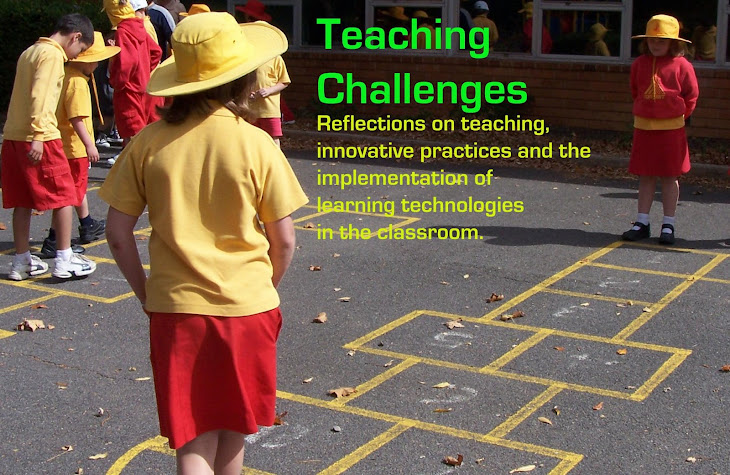 This week my literacy class started reading New Gold Mountain: The Diary of Shu Cheong by Christopher W. Cheng. This is an historical fiction which is part of the "My Australian Story" series. It tells the story of life on the goldfields at Lambing Flat, NSW in 1860-1861. Shu Cheong, a fictitious character travels to Australia to find gold to take back to his village. On the journey both his father and third uncle die, leaving Shu Cheong alone in a foreign country. The local Chinese Society arrange a foster parent (Uncle) for Shu Cheong and it is at this point that we pick up the story.
This week my literacy class started reading New Gold Mountain: The Diary of Shu Cheong by Christopher W. Cheng. This is an historical fiction which is part of the "My Australian Story" series. It tells the story of life on the goldfields at Lambing Flat, NSW in 1860-1861. Shu Cheong, a fictitious character travels to Australia to find gold to take back to his village. On the journey both his father and third uncle die, leaving Shu Cheong alone in a foreign country. The local Chinese Society arrange a foster parent (Uncle) for Shu Cheong and it is at this point that we pick up the story.Summary of Pages 1-30
The first thirty pages introduce us to Shu Cheong and life on the goldfields. As time passes, more people arrive, and tension begins to develop between the Chinese and the Europeans. Shu Cheong learns how to swim and longs for the day when he can begin earning gold to pay his way home to his village.
Activities
Code Breaker: Begin a vocabulary chart with the class. Add to it vocabulary from the text along with definitions. This can continue to be built up throughout the term.
Text User: Explain about the historical fiction genre. Explain the meaning and purpose of a 'preface'.
Text Participant: Look at a map of the area where this story takes place. Students begin a chart to show the historical facts in the story, the fictional elements, and the parts they're unsure of.








This looks like a great book! I will have to go find a copy to read. My dad came to the USA from China alone at 11 years old so I guess this connected me with some of the stories he told me. Thanks.
ReplyDeleteI've just sent this link to Chris Cheng. He'll love it!!!!!!!
ReplyDeleteHi!
ReplyDeletelove this!
I am going on internship with a 5/6 class next term, and i am planning a unit on the gold rush! This is a great resource, thank you!
I was just wondering if you had any examples of students works or general examples of this activities to make it easier to see how the activities would work.
Thanks! :)
Thank you I'm looking forward to use this for my History Unit, Year 5.
ReplyDelete